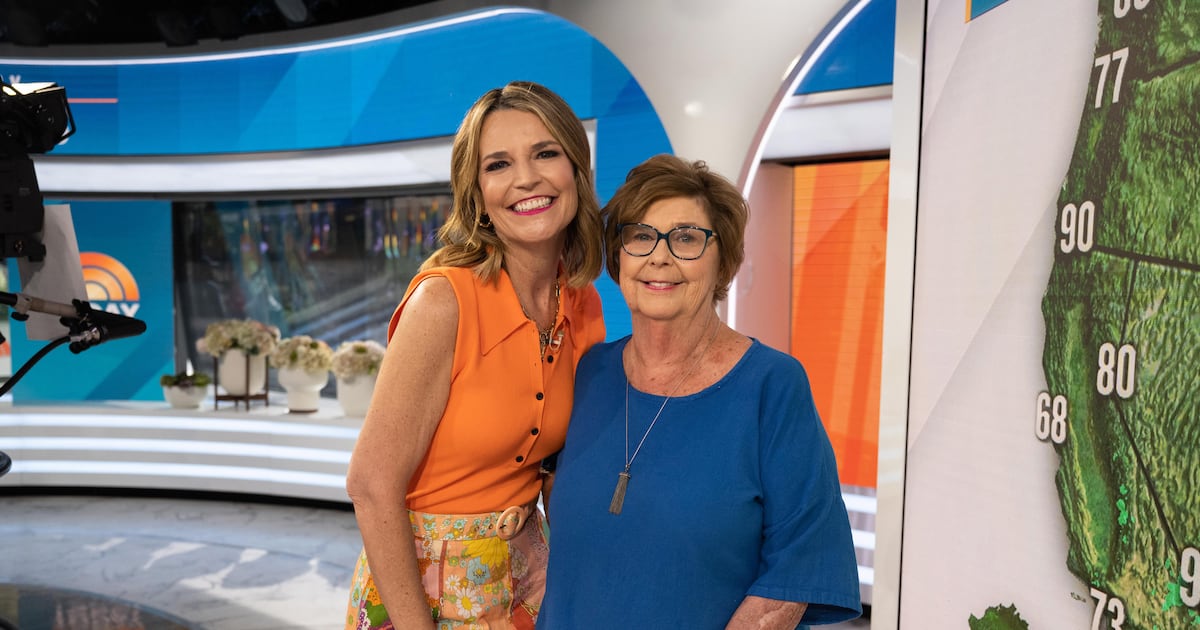Almost a week after the BAFTAs, the BBC has issued a statement defending a viral red carpet interview with Andrew Scott that sparked accusations of homophobia.
In the statement, published on Friday, BBC News acknowledged, “We received complaints from people who felt a question asked to Andrew Scott on the Bafta red carpet was inappropriate and homophobic.”
In case you missed it, the brouhaha began when BBC entertainment correspondent Colin Paterson asked Scott on the red carpet if he knew fellow award nominee Barry Keoghan. When Scott responded in the affirmative, Paterson asked what he thought of Keoghan’s full-frontal dance scene in Saltburn. The All of Us Strangers star, who is gay and who has never worked with Keoghan, demured, “I won’t spoil it for anyone. It’s great, it’s great.”
“You can spoil away,” Paterson said. “There is a lot of talk about prosthetics. How well do you know him?”
As Paterson cracked, “Too much? Too much?” Scott walked away from him, waving him off and looking embarrassed.
The clip drew an immediate negative reaction from viewers, who called Paterson’s line of questioning cringe-worthy, homophobic, and just all-around awkward.
In its statement on Friday, BBC News said, “Our reporter began by asking Andrew Scott about the film he’d appeared in—All of Us Strangers—which was nominated for six Baftas. He then moved on to ask about the popularity of Irish actors where Barry Keoghan, star of Saltburn, was mentioned. Our question to Andrew Scott was meant to be a light-hearted reflection of the discussion around the scene and was not intended to cause offense. Saltburn writer and director, Emerald Fennell, and Sophie Ellis-Bextor, whose song ‘Murder on the Dancefloor’ was used in the sequence, were also asked about the scene.”
The statement continues: “We do, however, accept that the specific question asked to Andrew Scott was misjudged. After speaking with Andrew on the carpet, our reporter acknowledged on air that his questioning may have gone too far and that he was sorry if this was the case.”






